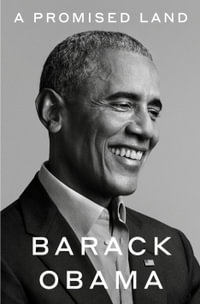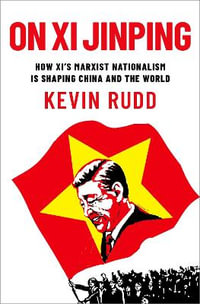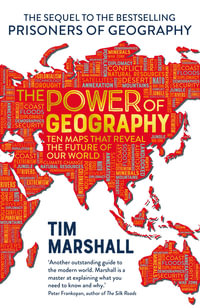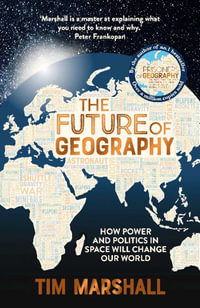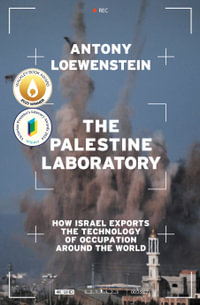The first comprehensive examination of restraint in international politics, considered across a range of psychological, social, political, and institutional contexts as a political process, device, and strategy. Surveying how restraint has been understood in international relations and political theory, with focus given to Aristotle and Machiavelli, Steele utilises Carl Jung's theories of complexes and the libido to broaden the conceptual definition of restraint as a phenomenon that is not only individual and inward-looking, but also relational and societal. Exploring its development, uses, expressions and challenges through history and in contemporary times, this book analyses the politics of restraint in processes of security, political economy, foreign policy and global public health. Situating restraint alongside similar concepts such as moderation, containment, and constraint, Steele asks against what, and from what, are we restraining ourselves, who authorizes restraint, and what are the risks and rewards (both ethical and practical). Steele concludes with a balanced political and normative argument for restraint going forward.
Industry Reviews
'If politics is about power in the world of social relations, then political inquiry must not only interrogate both power and the social world in which it operates, but must also utilize all relevant social science theories and tools to do so. Brent Steele's Restraint in International Politics does exactly this, and does so brilliantly.' Franke Wilmer, Montana State University
'In this remarkably rich and rewarding analysis of 'restraint' in the workings of international politics, Brent Steele makes an important intellectual intervention that decision-makers, citizens, and academics must read to face today's global crises. By drawing upon the social, psychological, and moral thought of Norbert Elias and Carl Jung, his analysis presents a comprehensive and compelling case that challenges the urgency of 'action' to highlight the strategic political, operational and ethical value of 'restraint' in contemporary world politics.' Timothy W. Luke, Virginia Polytechnic Institute and State University
'This is a remarkable book. In an age of ideological frenzy, economic excess, and unparalleled technological acceleration, it makes a formidable case for exploring the politics of restraint. While situated within the broad field of International Relations, and deeply relevant to a whole range of current debates within this, Brent Steele's sweeping analysis and complex ethics deserves a wide readership in neighbouring disciplines too.' Vibeke Schou Tjalve, Danish Institute for International Studies
'This book provides a very important and invigorating account of restraint in international politics. ... Steele succeeds in providing a rich and ethical account of power in a context of social and political relations.' Catarina Kinnvall, International Relations

